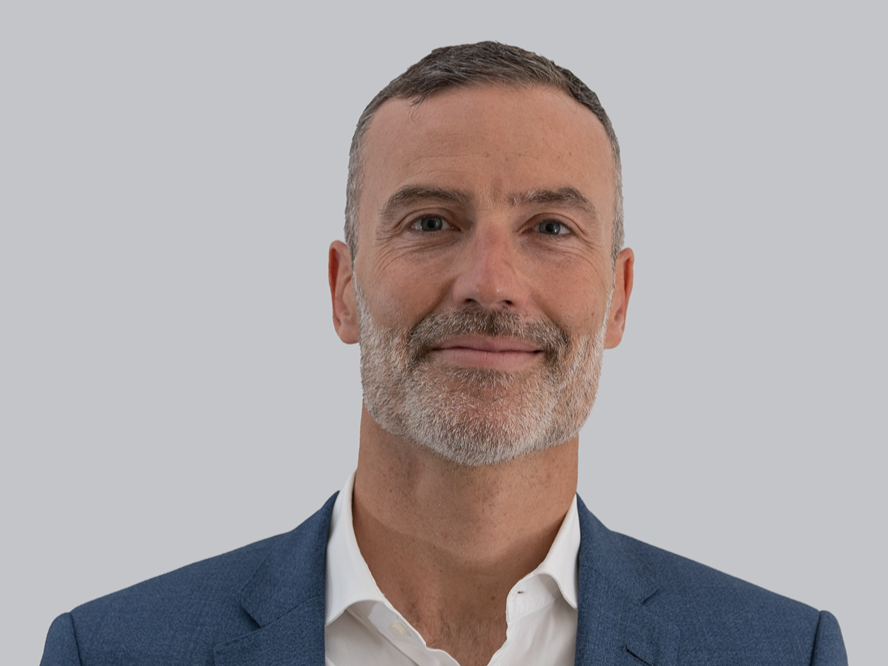By Muskan Arora
With geopolitical tensions flaring, elevated inflation risks, and fears of a disorderly correction in equities and credit, Diego Liechti, the newly appointed chief investment officer of Switzerland’s $12.65B (SFr11B) PKG Pension Fund, is carving out a cash buffer — not out of necessity, but prudence.
“Liquidity isn’t usually an issue for a pension fund like ours,” said the CIO, in an exclusive interview with Markets Group. “But it becomes one during stress events. You don’t want to be forced to sell at the wrong time, especially when market moves are sharp and correlations break down.”
Liechti’s first goal is to avoid the kind of allocation distortions that can occur when public assets are sold to meet cash needs, leaving a portfolio disproportionately exposed to illiquid holdings like private equity or real estate.
The Harvard Endowment’s painful attempt to offload blue-chip private equity funds during the 2008 crisis is still a cautionary tale for many in the industry. “When discounts of PE funds hit up to 50% of [net asset value], any fires sales are extremely value-destroying decisions,” he said.
With U.S. tariffs on the horizon, continued instability in Europe and the Middle East, and China asserting itself more aggressively in the Pacific, Liechti sees no reason to bet on illiquid assets. “Even a well-diversified fund needs the ability to act without being forced into suboptimal decisions,” he added.
Additionally, the new CIO is focused on expanding the pension plan’s real estate appetite, with a keen interest in core real estate. “In the U.S., the evidence shows that value-add or opportunistic strategies haven’t outperformed core on a risk-adjusted basis,” added Leichti. “The higher risk and costs — sometimes three to four times as much — often cancel out any added return.”
Liechti isn’t making sector calls yet but believes underperforming areas may hold the most potential.
During his time at Nest, where he previously served as head of assets, Liechti was known for moving against the wind, when he continued to remain invested in office spaces. This was at a time when most allocators were divesting from the space.
“Hybrid work is here, but the bulk of work will still be done in offices,” he said. “The key is location — buildings near public transport, in central urban areas.”
He’s wary of geographic concentration, too. “If you’re only in New York, London, and Frankfurt, you’re overly exposed to the financial sector,” he says. “You need to look at cities like Munich or L.A. to diversify that.”
Down the line, Liechti is considering a return to insurance-linked securities — one of the few alternatives he believes offers true diversification. “All other alternative investments show a high correlation with traditional asset classes once you adjust for illiquidity effects, such as return-smoothing.”
Related stories:













